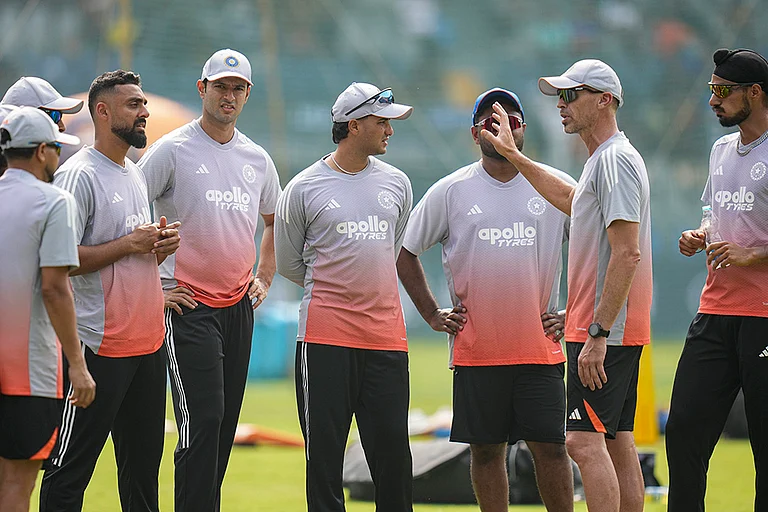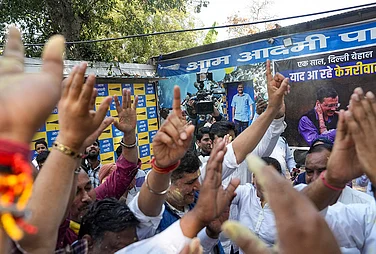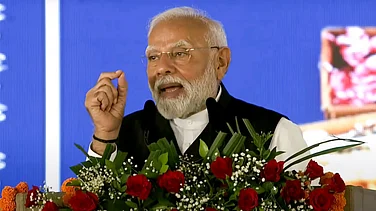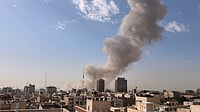For nearly 19 years, twelve men lived behind bars, away from their families, away from their dreams, and away from their community. Accused of engineering one of the deadliest terror attacks in India’s history, the 7/11 Mumbai train blasts, twelve men were arrested, branded as terrorists, and quietly erased from public sympathy. Their names faded from headlines, but their lives froze in time.
Now, they are free.
With a single ruling, the Bombay High Court overturned their convictions, citing a collapse of credible evidence and grave flaws in the investigation. For the men, small businessmen, medical technicians, engineers, the ruling didn’t just undo a sentence; it reopened their world. But what do you do with freedom when you've already served a life sentence for a crime you didn't commit?
In dusty prison corridors, they missed weddings, funerals, and childhoods. Some emerged to find aging parents, unfamiliar teenagers calling them ‘Abba,’ and cities that they no longer recognise. And yet, not one of them has spoken ill. Only silence, reflection, and a quiet plea for dignity.
This isn’t just a story about wrongful incarceration. It’s about the cost of justice delayed and humanity reclaimed. However this also means that the perpetrator of 7/11 Blasts are yet to be caught.
But there are also those for whom the 7/11 blasts left scars that no verdict can erase, the ones who lost a piece of themselves or someone they loved forever. For these survivors and bereaved families, the recent acquittals are not just a legal reversal, they feel like a reopening of wounds they’ve spent years trying to quietly heal.
They speak not in outrage, but with the quiet weight of lives upended, of limbs lost, children orphaned, and futures rerouted in a matter of seconds. Many of them have spent the past 19 years not seeking vengeance, but trying to rebuild what they could: returning to work with prosthetic limbs, raising children alone, living with chronic pain, trauma, and grief.
To them, the court’s ruling feels like a betrayal, not necessarily because they know the men who walked free are guilty, but because the system seems to have forgotten the victims altogether. “We were told justice was being done. Now it feels like it never really began,” says one survivor. Their story is not about verdicts or legal technicalities. It is about pain borne in silence, about resilience shaped in the shadows, and about the unshakable belief that their suffering, too, deserves recognition.
In Outlook Magazine’s next issue “Guilty Until Proven Innocent” looks at the 19 years lost of those who were in jail and those who thought justice was served, until it wasn’t.
Avantika Mehta investigates how justice systems across the world fail undertrials, those caught in the limbo of accusation without conviction, exposing the human cost of delayed trials, systemic apathy, and institutional neglect.
Jinit Parmar and Pritha Vashisth sit down with the men who, after nearly two decades behind bars, are finally breathing the air of freedom, some for the first time in their adult lives. These are not just former accused; they are fathers, sons, and husbands whose lives were frozen in time the moment they were arrested for the 7/11 Mumbai train blasts.
They also turn their lens toward the other side of the 7/11 story—the survivors and families of victims who continue to live with the deep, unhealed wounds of that devastating evening. In conversations marked by quiet dignity and enduring pain, they speak to those who lost limbs, loved ones, and a sense of safety that has never returned.
Pragya Singh takes a hard look at the ethical lapses and policing practices surrounding the 7/11 Mumbai train blasts investigation, an inquiry that not only shaped public perception of counterterrorism, but also left behind a troubling legacy of unanswered questions. Her reporting explores the blurred line between urgency and overreach, dissecting how law enforcement responded to pressure in the aftermath of one of India’s deadliest terror attacks.
Snigdhendu Bhattacharya looks at the issue of harassment of Bengali migrants across the country. Arshad Ahmed looks at how more than 300 Bengali-speaking Muslims from Assam were forced to go to Bangladesh. Ishfaq Naseem looks at how the erosion of Urdu is taking place in Kashmir.


























